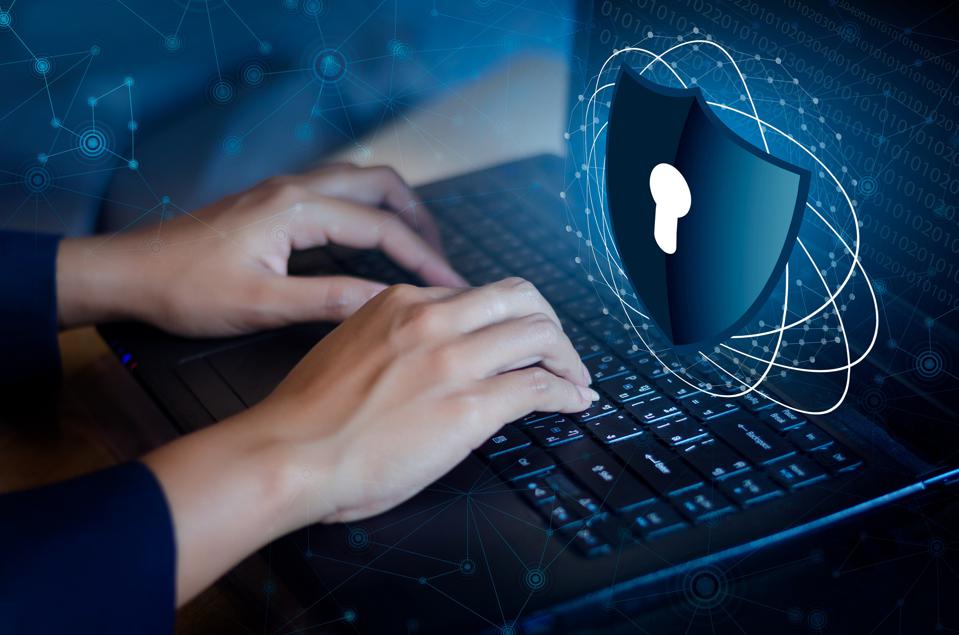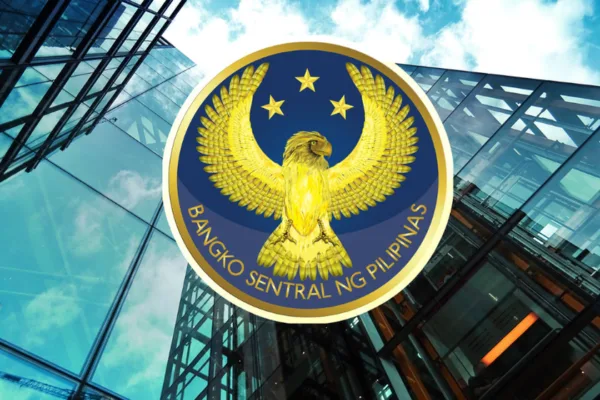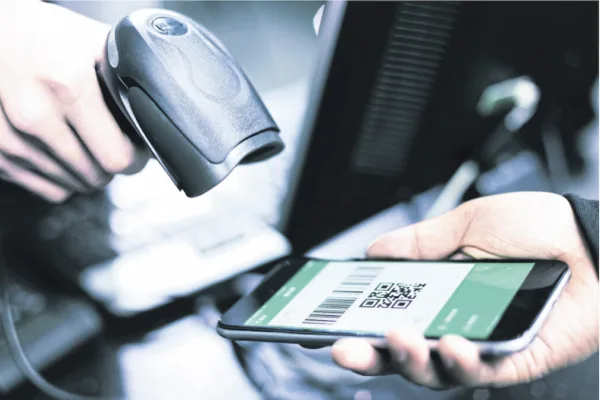by Bhea Baarde, Correspondent
E-wallets became an essential part of the economy during and after the pandemic. Now that e-wallets and other financial technology are an everyday part of Fiipinos lives, there is a need to ensure cyber resiliency in PH fintech industry if we truly want to become a high income middles class country.

An opportunity for PH Fintech to lead digital transformation
According to a 2021 Amazon Global Survey, the Philippines had the highest percentage of domestic e-commerce sellers in Southeast Asia at 70%. In that same year, the country also led in terms of e-wallet adoption in the whole Asia Pacific region, with 37 percent of respondents saying they had started using digital methods during the pandemic.
This became an opportunity for cyber resiliency in PH fintech industry to prosper further and lead the digital transformation of our country’s financial system. But as we go deeper into digitalization, we also expose ourselves to a higher risk of cyber security attacks, which is a major concern in the fintech industry today.
Unfortunately, the issue of cyber resiliency in PH fintech is not yet seen as a priority. The country is still in the initial stage of digital transformation. If the Bangko Sentral ng Pilipinas (BSP) intends to participate more meaningfully and benefit from the fast-growing global digital economy, then cybersecurity should become one of its key priorities. Cyber resiliency in PH fintech industry must be a priority across all sectors and players.
Cybersecurity, the greatest challenge of the fintech industry
Since the beginning, cyber resiliency in PH fintech has been one of the greatest setbacks for fintech companies. And it still hasn’t changed until today. As the industry develops, cybercriminals also step up their schemes.
Numerous types of cybercrimes, such as phishing scams, have been reported in the news over the last few years. Although consumers are more susceptible to cybercrimes, companies are not totally free from this kind of threat.
Just last year, in the early part of December, everyone was shocked when established banks like BDO and UnionBank were penetrated by hackers who were able to dupe depositors for huge amounts of money. In that same year, Philippine business associations announced that if such attacks remain and are not given immediate solution, then their losses could reach up to $ 10.5 trillion annually by 2025.
This is a serious issue for the Philippine fintech industry. This does not inspire confidence in the cyber resiliency in PH fintech. And it still hasn’t changed until today. As the industry develops, cybercriminals also step up their schemes.
As players advance their game and start gaining momentum, how then should the industry address the issue of cybercrime?
Time to collaborate and listen
Amor Maclang, convenor of Digital Pilipinas, is calling for collaborative work to help address the issue. She said that as an emerging player in the ASEAN fintech scene, cybersecurity experts, the government, as well as the private sector in the Philippines must all work together to build cyber resiliency in PH fintech instead of just posturing.
“Cybersecurity and cyber defense is a whole-of-nation, whole-of-society concern. Black hackers work in groups — will we be able to survive their attacks as individual actors?” she asked. “Sharing security issues will allow us to learn and adapt faster. We will never be done when it comes to security, as the world will change at an increasing speed. We have to admit that we can’t do it alone,” Maclang said.
This year, the Fintech Alliance.PH, one of the biggest fintech organizations in the Philippines, will not just be working with the BSP to promote financial inclusion and help advance the industry. The organization will also be collaborating with the Philippine Central Bank and key government institutions to create data security measures as they push for the use of other data sources in the industry, a positive step in building cyber resiliency in PH fintech.
“Data security is a legitimate concern with a greater push for the use of alternative data. This is something that the FinTech Alliance will be working on to help the BSP ensure that possibilities of data breaches will be minimized, if not totally eliminated. Hence, we encourage our members and other financial institutions to employ what we call data privacy by design strategy. The Alliance, together with the BSP, the NPC, and even the CIC, will be working closely together in order to develop a regulatory sandbox. Doing so would allow us to make sure that these innovations are compliant with loss and ensure that they are compliant with international data protection standards for the mutual benefit of all.”
Cyber resiliency in PH fintech industry is not an option its a must
Recognizing cybercrime as an imminent threat, the Philippine fintech industry could, as early as now, take a big step by building the fintech industry so it can withstand cyberattacks while leveraging its potential to compete in the global digital economy.
Taking action on cybercrime issues in a collaborative manner is a must since it affects everyone — not just the fintech companies but also the consumers, the industry, and the Philippine economy as a whole.








Thanks for your blog, nice to read. Do not stop.